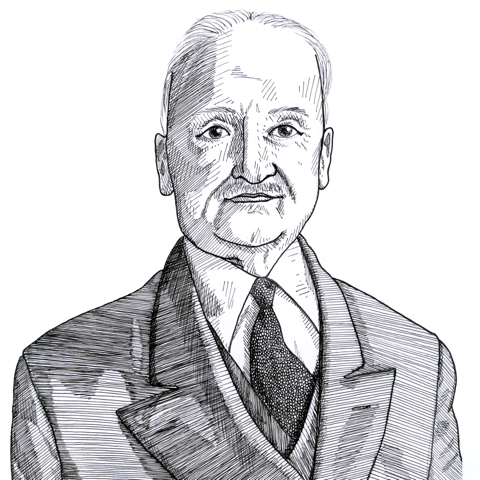
Mises on how the “boon” of a tariff privilege is soon dissipated (1949)
Found in: Human Action: A Treatise on Economics, vol. 3 (LF ed.)
The Austrian economist Ludwig von Mises (1881-1973) argued in Human Action that those granted the political privilege of tariff protection enjoyed a boon that would be short lived as the gains would be competed away by new entrants:
Free Trade
It is important to realize that what those benefited by these measures (tariffs) consider an advantage for themselves lasts only for a limited time. In the long run the privilege accorded to a definite class of producers loses its power to create specific gains. The privileged branch attracts newcomers, and their competition tends to eliminate the specific gains derived from the privilege. Thus the eagerness of the law’s pet children to acquire privileges is insatiable. They continue to ask for new privileges because the old ones lose their power.